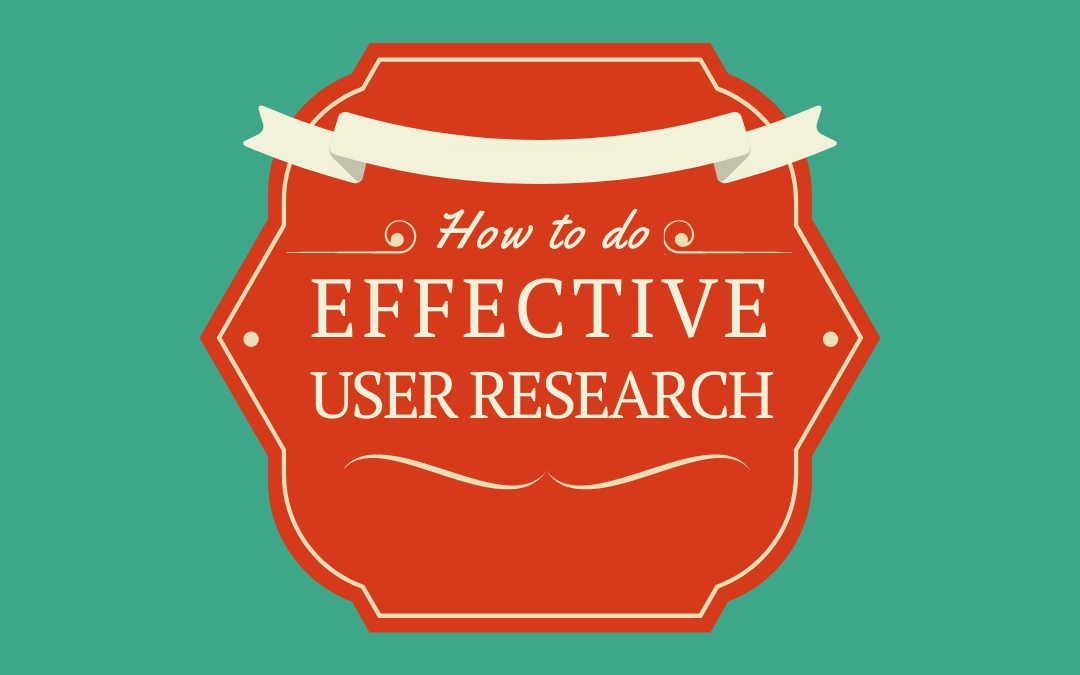Curated by Steph Habif, Behavior Designer at Habif Health. Steph is a behavioral scientist with 10+ years of experience leading healthcare teams on ways to design for consumer engagement. She specializes in user research and behavior design and has worked with companies such as Whole Foods Market and Aetna, Inc. She’s an affiliate of the Stanford Persuasive Tech Lab and teaches several classes at Stanford University’s Hasso Plattner Institute of Design (the d.school).
In this article, author David Sherwin explains why user research is so important and outlines easy steps for getting it done.
What do you need to know about your users? And what will you use that knowledge (data) for?
Brené Brown studies human connection — our ability to empathize, belong, and love – and in this TED talk she discusses her research on vulnerability, worthiness, and why people believe what they do.
What do your users believe about themselves that may influence the way they interact with your design?
This research article explains a consensus theory that helps us better understand ways to observe and organize the people we are conducting research with.
How many research participants do you need to draw consensus related to your insights?
Other Product Psychology Lessons
- Building Community Starts with Understanding People
- When Persuasion Becomes Deception
- Mastering Pricing Principles
- A Handy Behavioral Design Toolkit
- Onboarding Matters – Getting Users Engaged in your Product
- Dual Process Theory: Is Your Product the Elephant or the Rider?
- Web Psychology – The Science of Online Persuasion
- Developing User Empathy with Design Sprints
- Want To Be A Game Psychologist? What You Need to Know
- How to Do Effective User Research
- Context Driven Design (The “Context Effect”)
- Writing Copy for Your Reader’s Brain
- Designing Habit-Forming Products
- Games, Play, and Motivation
- How Scarcity & Impatience Drive Irrational User Behavior
- Should You Listen To Your Users or Your Data?
- Emotional Engagement – Designing with the Heart in Mind
- Product Psychology: The 3 Things Everyone Should Know About

